Project HOPE’s Lifesaving Impact in Haiti
Restoring Hope Amid Crisis
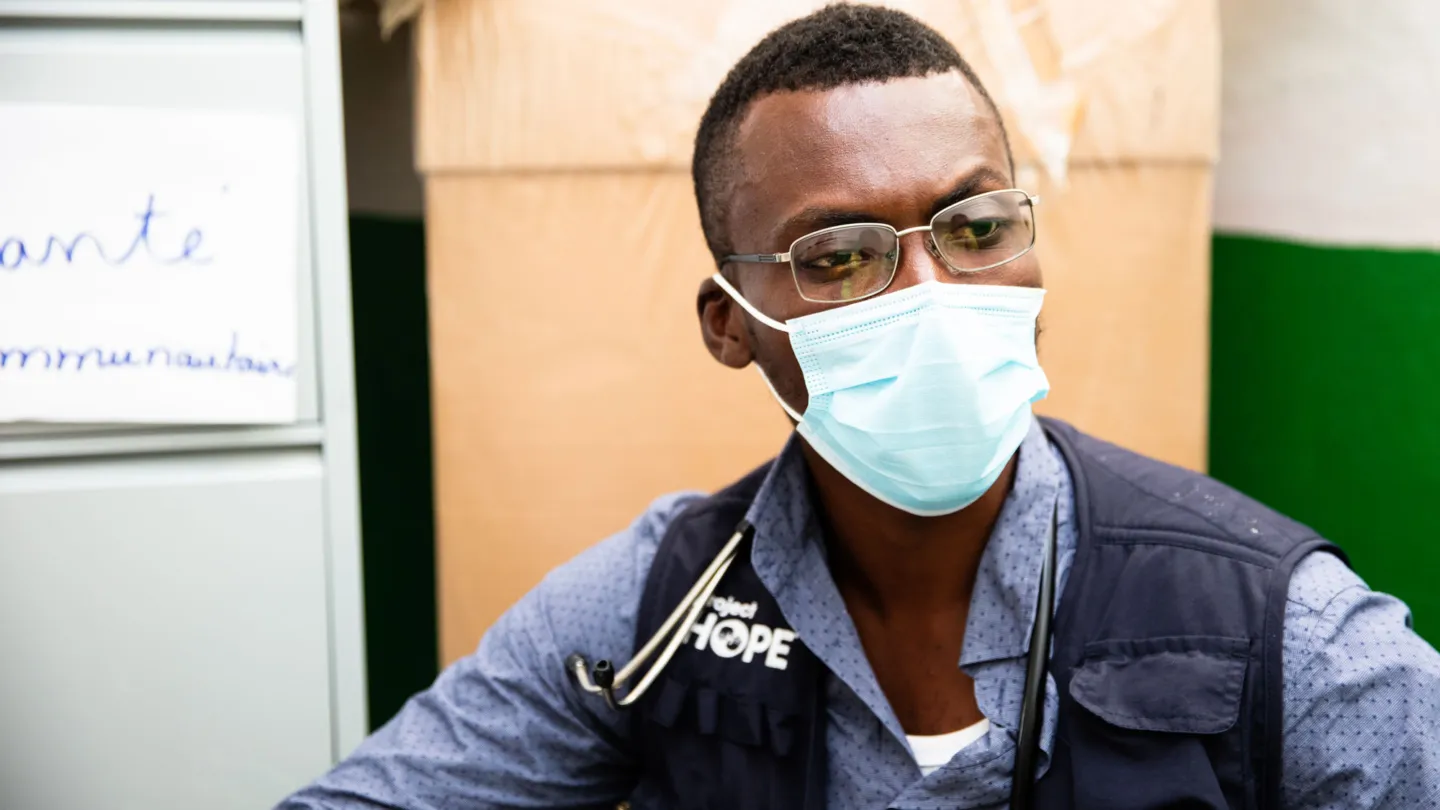
Haiti has been experiencing a complex humanitarian emergency caused by political instability, gang violence, high inflation, rising food insecurity, and limited access to health care. It is also one of the most climate-vulnerable countries in the world and remains at risk to natural disasters and extreme weather events like earthquakes, hurricanes, and extreme flooding.
Project HOPE’s work in Haiti began in 1984 when we helped to develop clinical laboratory capacity at the University Hospital in Port-au-Prince. Following that, our programs have focused on increasing access to primary health care, addressing maternal health needs, building the capacity of frontline health workers through training, and the provision of medical commodities to ensure free access to care.
Project HOPE has also supported Haiti in the wake of disasters, providing both immediate relief and long-term health system strengthening.
Responding to Natural Disaster
In August 2021, a 7.2-magnitude earthquake struck southern Haiti, affecting 650,000 people in Sud, Grand’Anse, and Nippes. Project HOPE’s emergency response teams delivered critical medicine, supplies, and patient care at damaged hospitals. We then launched a nine-month program to help Haiti’s health system recover for the long term by working to restore basic primary health care services; provide protection support; expand water, sanitation, and hygiene (WASH) activities; and provide mental health and psychosocial support (MHPSS).
In 2016, we responded to Hurricane Matthew by deploying medical volunteers and shipping critical supplies to strengthen the country’s temperature-controlled pharmaceuticals.
In 2010, Project HOPE responded to the 7.0-magnitude earthquake by deploying medical volunteers and delivering more than $60 million in donated medicines and medical supplies. We then established the country’s first free, comprehensive rehabilitation and prosthetic facility for amputee victims and expanded rehabilitation training and support to six regional centers for people with disabilities, helping to ensure long-term access to care.
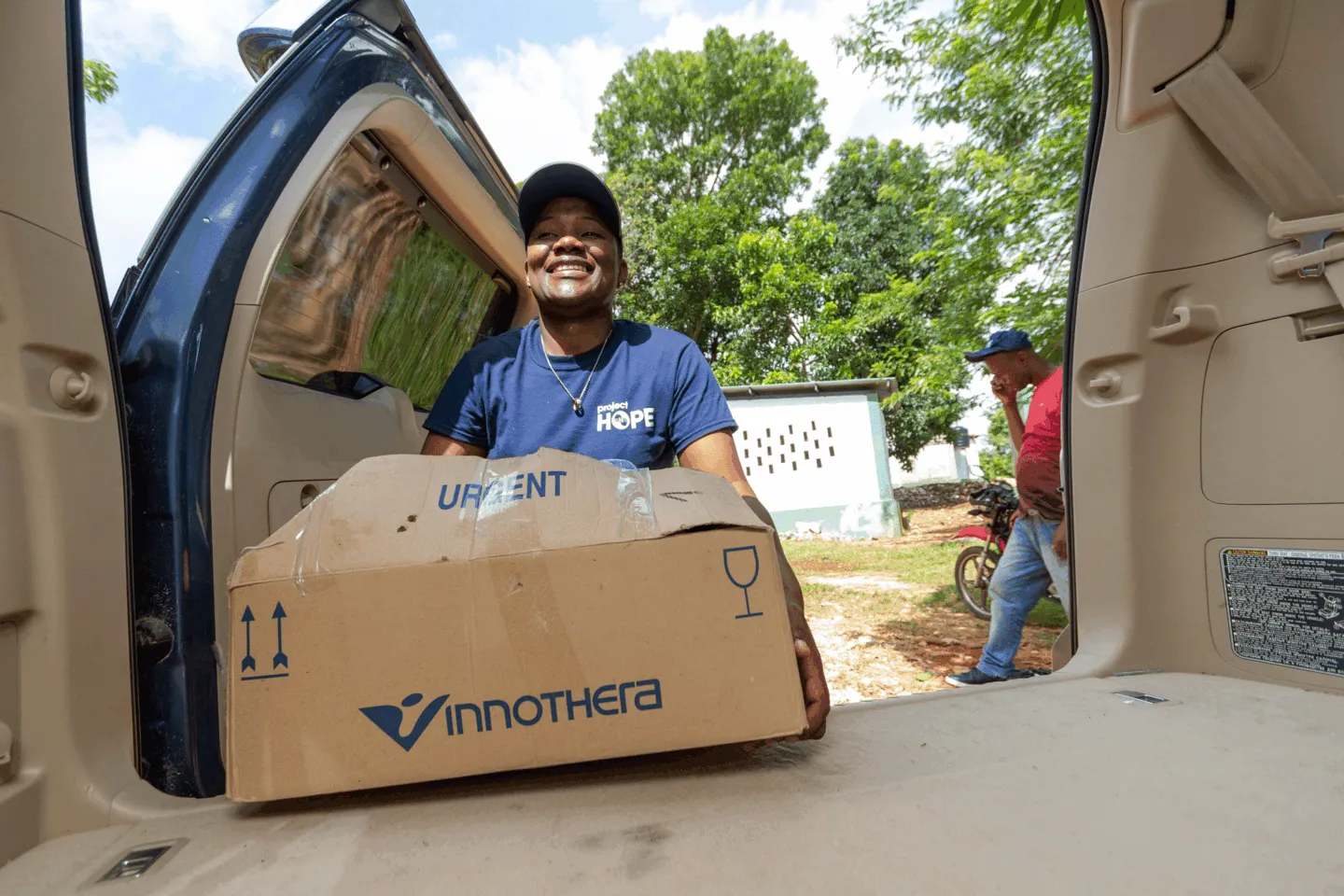
Managing Outbreaks of Cholera and Disease
The resurgence of cholera in September 2022 pushed Haiti’s health system to the brink and led to more than 23,000 suspected cases and nearly 500 deaths. Project HOPE organized emergency teams at eight cholera treatment centers, provided surge staff, medications, WASH interventions, and embedded community health workers. This programming also included MHPSS and gender-based violence (GBV) prevention services.
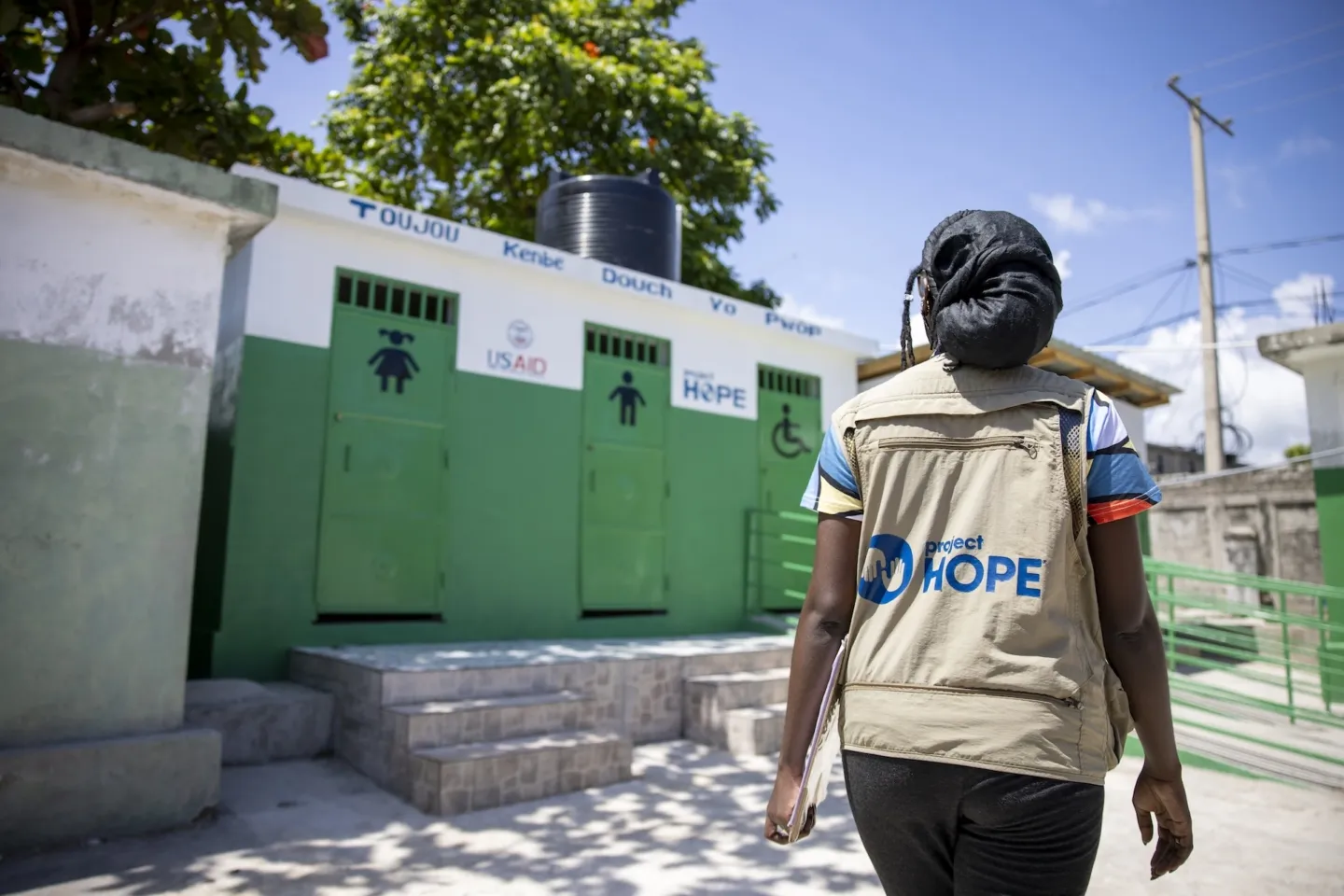
Strengthening Health Systems
Project HOPE conducted a 2023 assessment in Grand Sud revealing that over half the population needed to travel long distances — often on foot — to reach a health facility. To expand health access, we launched mobile medical units (MMUs), delivering primary care, chronic disease treatment, MHPSS, and GBV services. From October to December 2023, the units treated over 45,000 patients, sometimes seeing over 700 people in a single day.
Additionally, we provided staffing, training, supplies, medication, repairs, and MHPSS in multiple hospitals, including Immaculate Conception Hospital in Les Cayes and Saint Antoine Hospital in Jérémie.
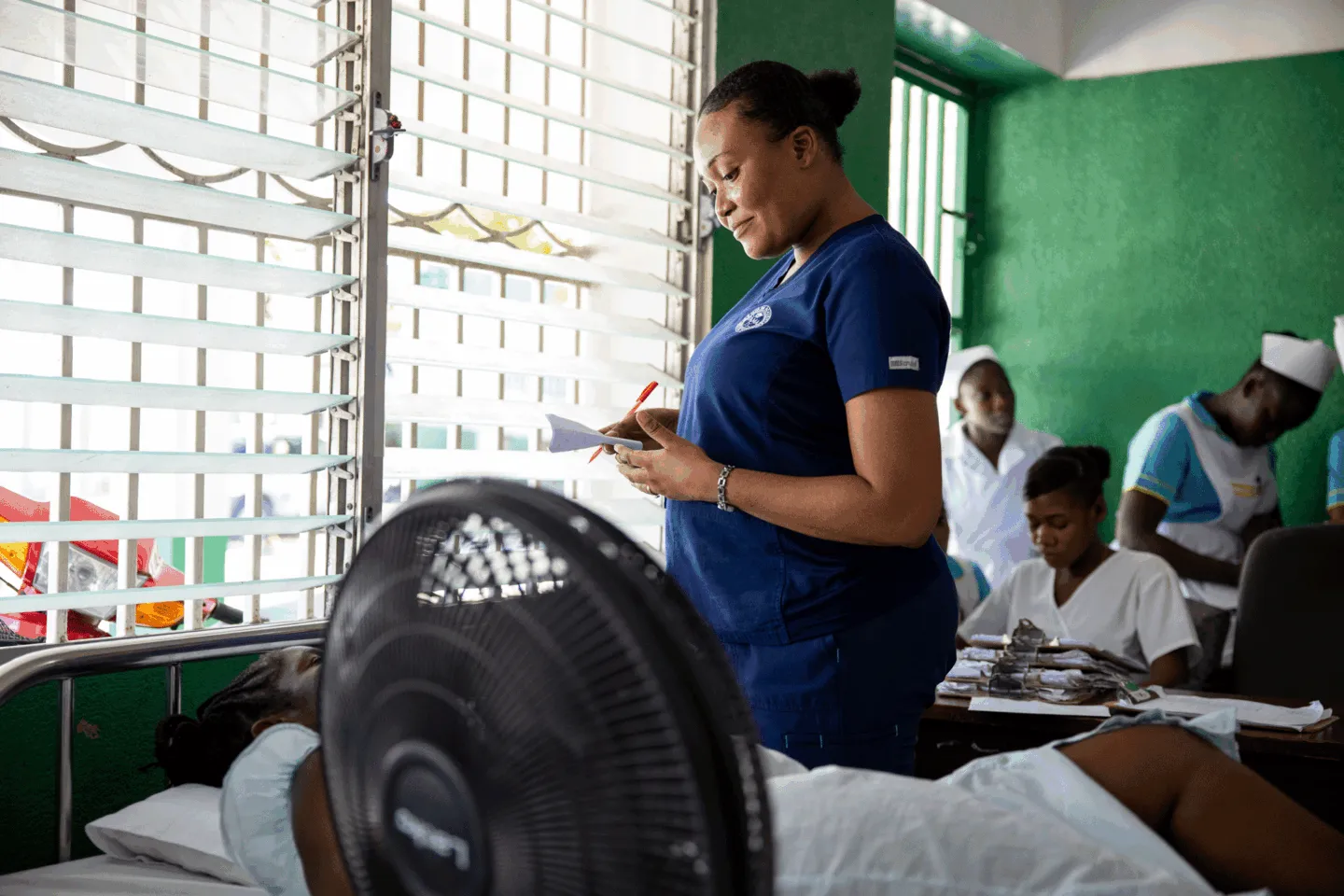
Responding to Violence and Displacement
Haiti’s gang violence in early 2024 created a humanitarian crisis, leading to death and forced displacement. By December 2024, over 110,000 people were displaced, overwhelming already strained health facilities.
In response, Project HOPE deployed MMUs and supported hospitals in Jérémie, Les Cayes, and Miragoâne. We also helped to develop WASH infrastructure in health facilities and within affected communities, and provided integrated primary health care, MHPSS, and GBV case management services, supporting over 105,000 people.
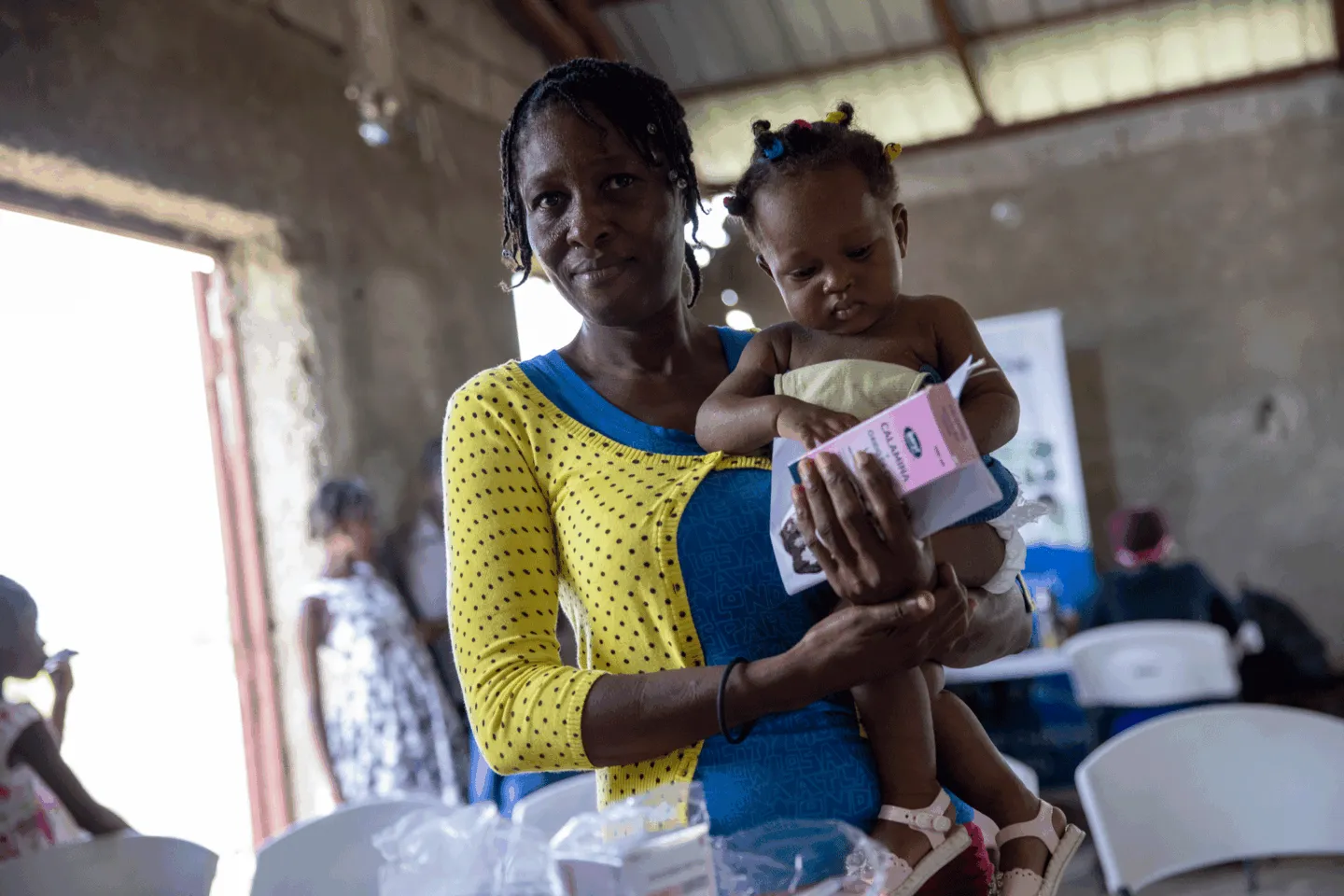
Impact
This integrated approach enabled Project HOPE to make a broad and lasting impact for the most vulnerable communities.
In the health sector alone, Project HOPE supported multiple health facilities with staffing, medical supplies, training and infrastructure upgrades, while deploying MMUs to hard-to-reach areas or those with large populations of internally displaced people (IDPs).
Project HOPE also played a vital role in protecting and empowering people through GBV and MHPSS awareness campaigns and case management services.
Despite security challenges and regional instability, Project HOPE’s coordinated efforts with local authorities ensured the sustainability of its interventions.
Due to growing insecurity, logistical barriers, and the lack of humanitarian funds, Project HOPE was forced to close our programming in Haiti in March 2025. Although our direct operations have halted, we remain committed to advocating for the sustained international support that Haiti urgently needs and stand ready should the opportunity present itself to return. We have the experience and capacity to respond in the event of any future natural or man-made disasters.
Related Articles

What is a Mobile Medical Unit?
02.10.2026
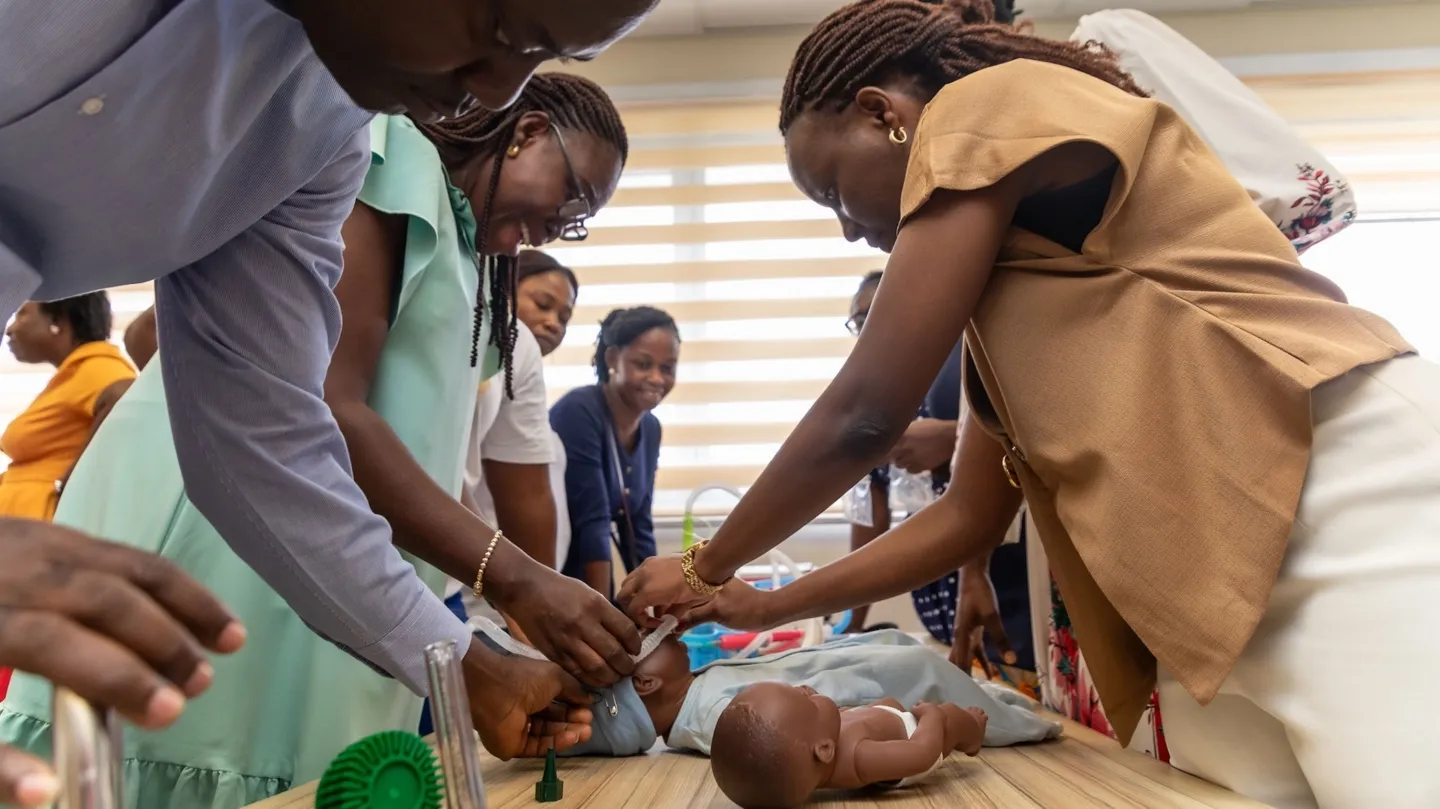
The Tiny Machine That Helps a Baby Breathe
02.03.2026
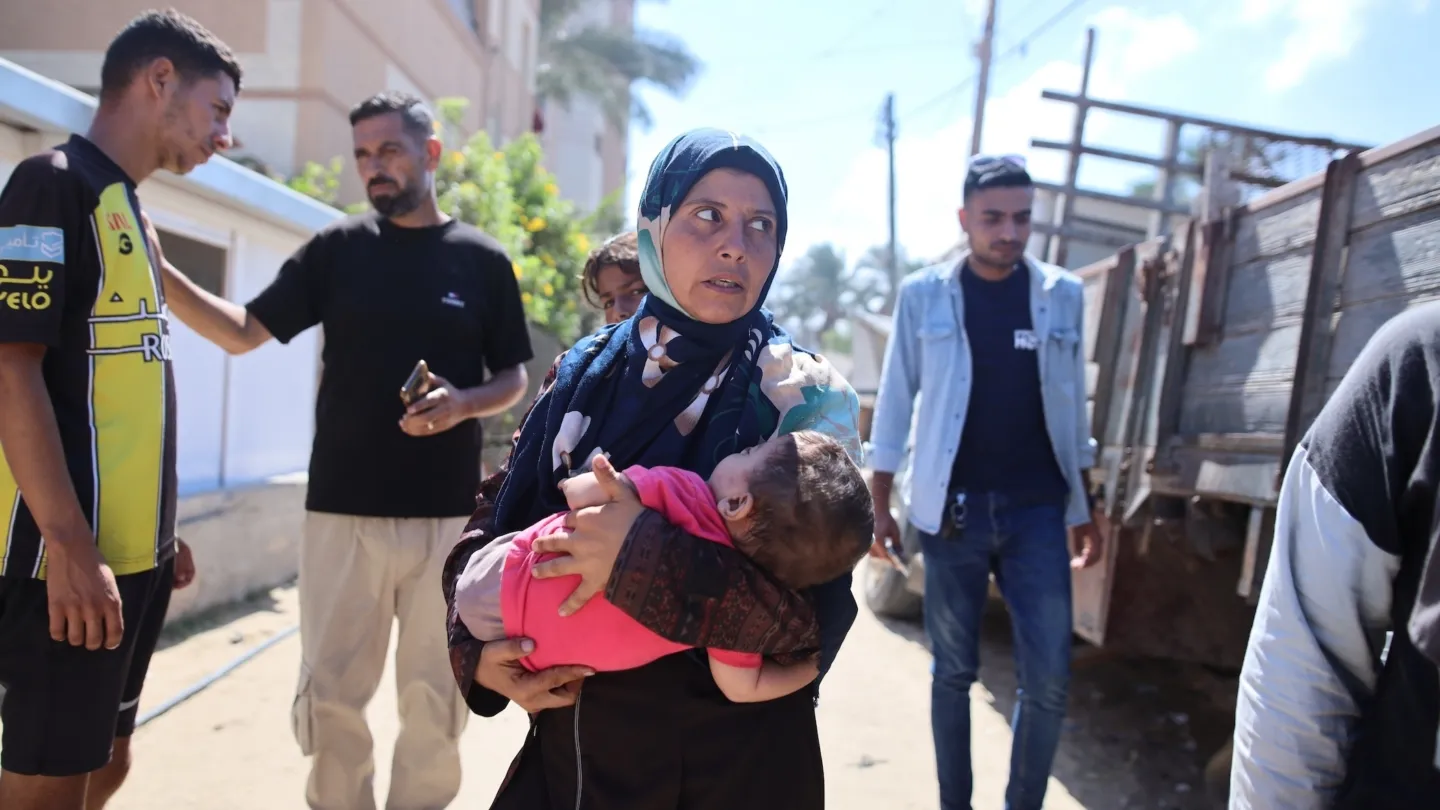
Humanitarian Crisis in Gaza: How To Help
02.02.2026
